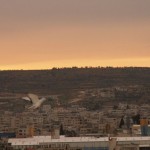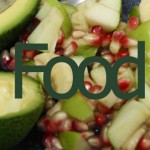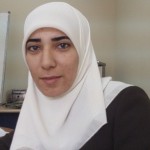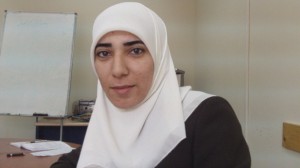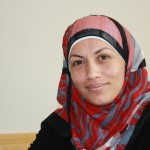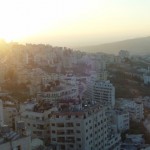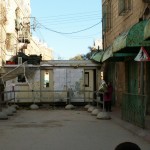
CPTnet AT-TUWANI UPDATE: October 2010
The At-Tuwani team had between two to three CPTers serving during the month
of October.
School Patrol
Together with the members of Operation Dove, the team monitored the Israeli
military accompaniment of the school children from the Tuba area as they
passed near the Israeli settlement of Ma’on. Twice the soldiers failed to
arrive in the afternoon, and the internationals accompanied the children back
to Tuba. Four settlers, with faces masked, chased the children during one of
these accompaniments, but no verbal or physical contact with the settlers
occurred, and no one was injured. On another occasion, two high school
students were returning to Tuba when two masked settlers stole the donkey
they were riding. Â Later the donkey appeared back in Tuba missing its
saddle.
Shepherd Accompaniment
Team members often spent Friday or Saturday nights at Tuba and accompanied
young shepherds in the morning as they grazed their flocks near the Ma’on
settlement barns. When settlers approached, the shepherds generally left the
area quickly. Israeli soldiers on one occasion chased young shepherds back to
Tuba and arrested their brother, a university student, when he videoed the
soldiers’ actions. He was taken to an army base and held for five hours. On
one occasion, two masked settlers attacked two members of Operation Dove as
they returned from accompanying shepherds, but did not injure them. The next
day, a settler on horseback challenged two CPTers and warned them to stay off
the road to Tuba. Three more settlers appeared and watched the CPTers as they
took a longer route.
Israeli Army Checkpoints
Soldiers often set up a temporary army checkpoint at the junction of the
settler-only highway and the road from At-Tuwani to Yatta. They stopped
most vehicles and checked IDs, possibly looking for labourers travelling to
or from Israel illegally across the nearby green line. Â CPT and/or the Doves
monitored the checkpoint and intervened when soldiers detained Palestinians
for a longer time than usual. Sometimes they were able to engage the soldiers
in conversation about what they were doing and why.
Advocacy
A visitor from England spent a day with the team, and a delegation of thirty
Mennonites from the U.S. and Canada visited to see and hear the stories of
nonviolent resistance practiced by the people of At-Tuwani to the occupation
and confiscation of their land by Israeli settlers and soldiers. The team
helped a Palestinian couple from At-Tuwani prepare for a November speaking
tour in Italy.
Olive Harvest
The army seemed to have orders to protect the farmers from settler attack
during their olive harvest. While the families from At-Tuwani were in the
Humra valley near the Ma’on settlement, two army jeeps remained on the road
between the valley and the settlement for the entirety of the olive harvest,
which passed without incident.
